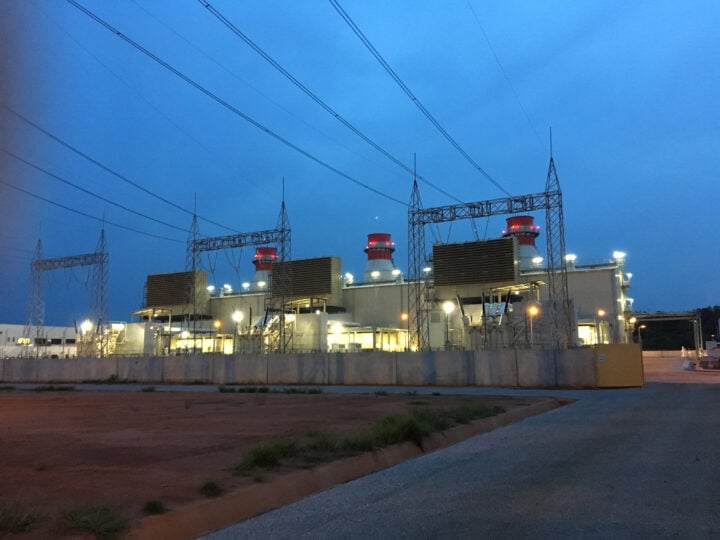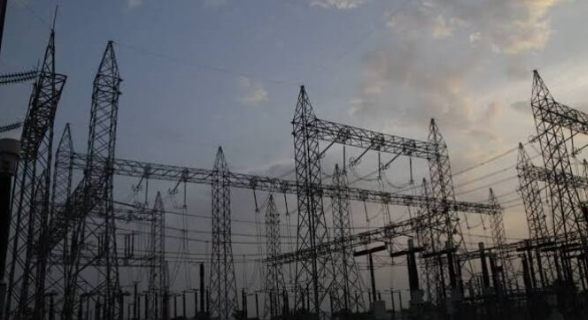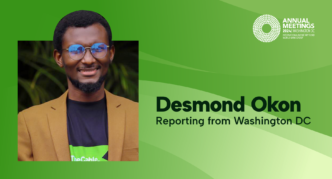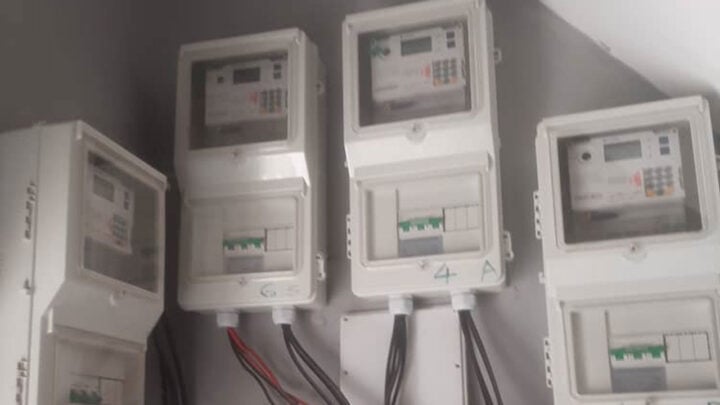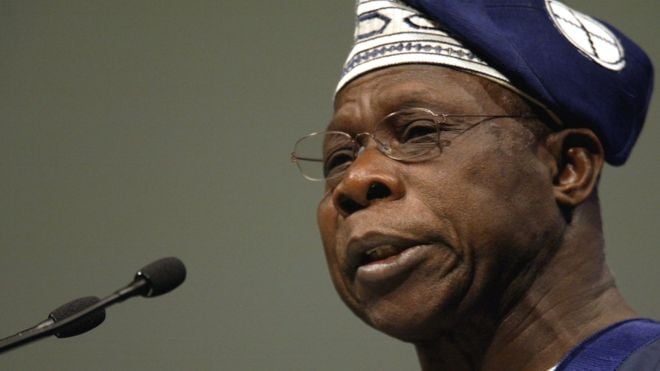The Azura power plant in Edo state
Azura Power West Africa Limited, operators of the Azura-Edo IPP, a power-generating private company in Edo state, has threatened to call in the World Bank partial risk guarantee (PRG) over Nigeria’s failure to pay outstanding arrears for energy generated by the company.
TheCable understands, however, that the federal government may call the bluff of Azura and test the limit of the threat to declare a sovereign default over the $30 million-a-month take-or-pay agreement.
If Azura draws down on the letter of credit (LC), Nigeria’s sovereign credit rating will be affected.
Nigeria will have to replenish the LC within 12 months, as the World Bank will have to pay JP Morgan on behalf of the country and convert it to a debt or loan at the prevailing commercial interest rate.
Advertisement
This triggers a sovereign default and Azura may commence legal proceedings to seize Nigeria’s assets abroad.
The Muhammadu Buhari administration signed the PRG with the World Bank on August 21, 2015 to provide backing for the privately-owned company.
PRGs are a suite of agreements — including the indemnity agreement that could trigger a sovereign default, support agreement and corporation agreement.
Advertisement
In 2014, the Goodluck Jonathan refused to sign the PRG for Azura.
In his memoir, ‘Burden of Service: The Reminiscences of Nigeria’s Former Attorney-General’, published in 2019, Mohammed Bello Adoke, said Jonathan’s decision not to give guarantees on behalf of private companies was because of the risk to the country’s assets abroad resulting from defaults — but his decision was reversed when Buhari came to power in 2015.
The sovereign guarantee enabled Azura to secure a $237 million loan to finance the 450MW project with Nigeria serving as a guarantor.
As reported by TheCable, Nigeria is obligated to pay between $30 million and $33 million monthly to Azura for power generated even if not dispatched by the Transmission Company of Nigeria (TCN).
Advertisement
TCN cannot transmit all power generated in the country because of capacity issues with the national grid, which has recorded frequent shutdowns — including three last week.
THE OCTOBER 25 ‘FINAL DEADLINE’
Now, in a letter titled ‘Re: Azura Power West Africa Limited Standby Letter of Credit’ by Edu Okeke, managing director of Azura Power, to Wale Edun, the minister of finance, and the country director of the World Bank Group, the power-generating company (GenCo) warned the federal government to pay all outstanding debts by October 25, 2024.
The GenCo said it has held several meetings with the Central Bank of Nigeria (CBN) and the ministry of finance to ensure the federal government pays its outstanding debt, but all the efforts have been fruitless.
Advertisement
“On 18 December 2015, JP Morgan Chase Bank, N.A., London Branch, issued, for the benefit of Azura Power West Africa Limited (the “Beneficiary”) a standby letter of credit in connection with certain payments to be made by the Nigerian Bulk Electricity Trading PLC (the “Applicant”) to the Beneficiary pursuant to a Power Purchase Agreement dated 22 April 2013 (as amended) and entered into between the Applicant and the Beneficiary (the “PPA”),” the letter, signed by Edu Okeke, its managing director, stated.
“We are writing to inform you that, as of the date of this letter, certain amounts remain due and owing to the Beneficiary, but unpaid by the Applicant, under the PPA and, in the absence of immediate payment of all these outstanding amounts, the Beneficiary is entitled to draw on the NBET LC.
Advertisement
“These amounts remain outstanding, notwithstanding extensive and repeated discussions between the Beneficiary and the Applicant, the Central Bank of Nigeria and the Ministry of Finance and, to date, no firm undertakings have been provided as to when the Beneficiary can expect to receive payment. The Beneficiary is therefore of the view that it has exhausted all other options and, if all due and owing amounts are not paid to the Beneficiary, by the Applicant, by Friday 25 October 2024, we intend to issue a written demand for payment under the NBET LC (with respect to all such outstanding amounts).”
Meanwhile, a senior federal government official has told TheCable that the country may call Azura’s bluff “once and for all”.
Advertisement
“The Buhari administration made a big mistake signing the PRG and this has put the treasury under intense pressure. We are having to pay $30 million every month, whether or not we are able to use the power. The agreement was a big mistake,” he said.
“We are now saying: let the worst happen. We just do not have the resources to pay. Azura has been issuing threats for years now and we always have to look for money to pay. This agreement is killing us,” he said.
Advertisement
Apparently because of the Azura experience, Babatunde Fashola, then minister of power, said in 2018 that Nigeria was no longer interested in providing sovereign guarantees to investors interested in building new power plants.
Add a comment

